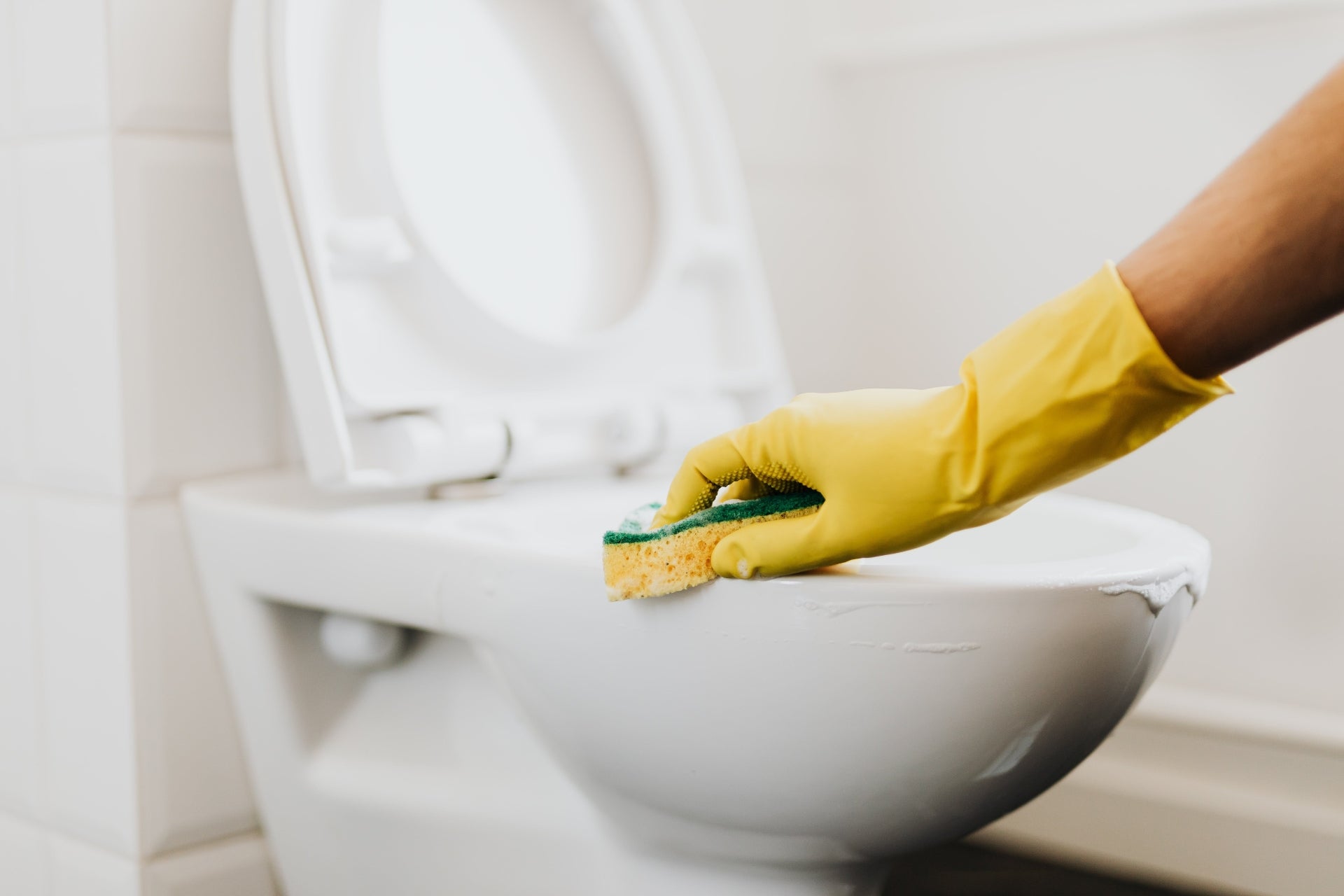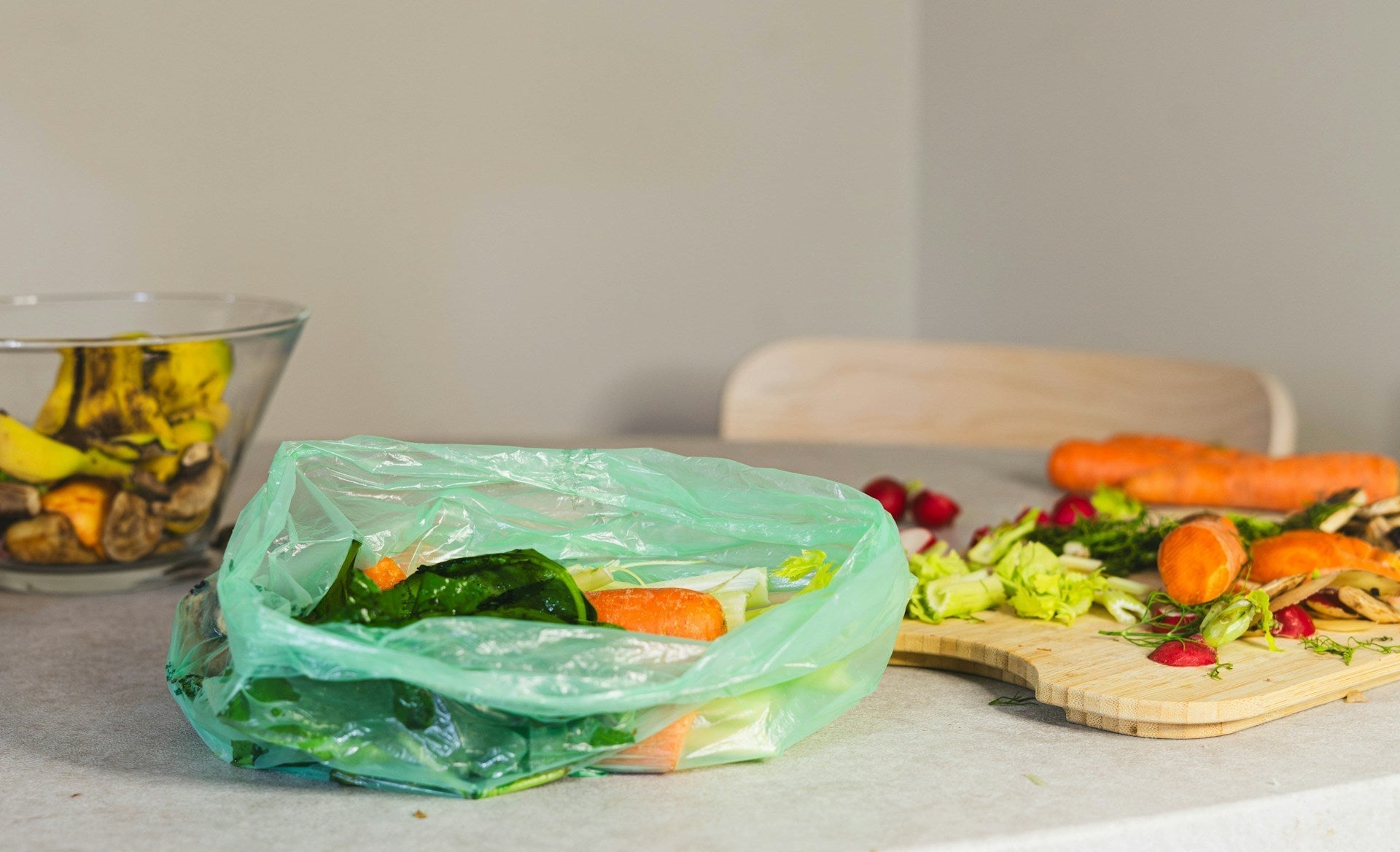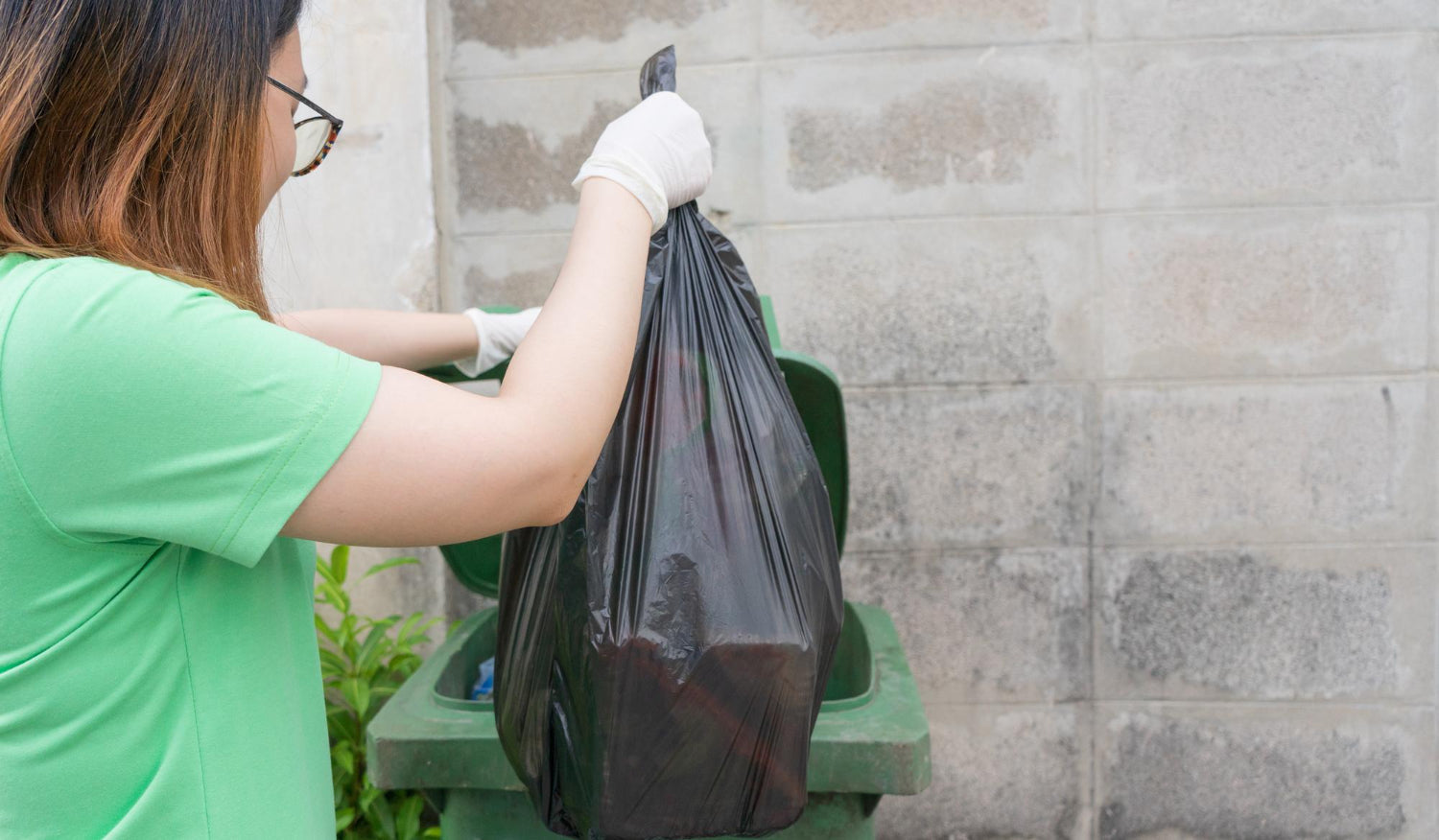Our journey towards sustainable living can begin in any area of our homes – and one great place to start is the bathroom. Despite its small size, the bathroom is a space where we generate considerable waste through single-use plastics, disposable products, and excess water usage. Transitioning to a zero-waste bathroom reduces our environmental impact and promotes a healthier, cost-effective lifestyle.
This comprehensive guide reveals simple steps, must-have essentials, and best practices for creating a zero-waste bathroom. You'll learn about sustainable alternatives to conventional bathroom products like toothbrushes, toilet paper, and toiletries. We'll also delve into effective strategies such as water conservation, waste reduction, and the use of compostable trash bags for bathroom waste management to minimize negative environmental impacts.
Whether you're new to the eco-friendly journey or looking to revamp your existing sustainable routine, our guide will break down the steps to creating a zero-waste bathroom, making embracing a greener way of life easier. By being conscious of our choices and incorporating eco-friendly practices, we can contribute to a healthier planet for generations to come.
So, get ready to embark on a transformative journey filled with accessible, budget-friendly, and practical solutions. With small, incremental adjustments, we can cultivate a zero-waste bathroom that benefits both ourselves and the environment.
1. Sustainable Alternatives to Bathroom Essentials
Transitioning to a zero-waste bathroom is all about replacing conventional, disposable items with eco-friendly options. Here are some sustainable alternatives to commonly used bathroom products:
- Toothbrushes: Opt for a bamboo toothbrush, which is both biodegradable and made from renewable resources. Once the bristles wear out, you can compost the handle and replace the brush head, reducing waste in the process.
- Toiletries: Instead of relying on liquid soaps and shampoos packaged in plastic bottles, choose solid bar soaps, shampoo, and conditioner bars. They're long-lasting and come in minimal to zero packaging, which cuts down on plastic waste.
- Reusable Cotton Pads: Swap disposable cotton pads and balls for reusable, washable cotton rounds that help reduce waste and save you money in the long run.
- Toilet Paper: Choose toilet paper made from recycled materials or sustainable alternatives like bamboo. Some brands also offer plastic-free packaging, aligning with the zero-waste approach.
2. Water Conservation Practices in the Bathroom
A significant aspect of creating a zero-waste bathroom involves conserving water usage. Follow these simple yet effective strategies to minimize water waste:
- Fix Leaks Promptly: Identify and repair any leaks in your bathroom as soon as possible to prevent wasted water and potential damage to your home.
- Take Shorter Showers: Limit your shower time to just a few minutes, and consider installing a low-flow showerhead to reduce water usage.
- Turn Off the Tap: Make a habit of turning off the tap while brushing your teeth, shaving, or washing your hands. This small action can save gallons of water in the long run.
- Consider a Dual-Flush Toilet: Upgrade to a dual-flush toilet that allows you to regulate the amount of water used per flush, promoting water conservation in your bathroom.
3. Waste Reduction and Management Strategies
Effective waste management is crucial in maintaining a zero-waste bathroom. Here are four strategies to help you achieve this goal:
- Recycling: Be sure to recycle any recyclable packaging appropriately, including empty plastic bottles, cardboard boxes, and aluminum or steel cans.
- Minimize Plastic Usage: Opt for products and packaging that are plastic-free, or at the very least, made from recycled or easily recyclable materials.
- Bulk Buying: Purchase bathroom staples, such as shampoo and soap, in bulk to reduce packaging waste and save money.
- Compostable Trash Bags: Implement compostable trash bags, like those from Plastno, for sustainable waste disposal in your bathroom, ensuring that even your waste management is eco-friendly.
4. Creating a Green and Aesthetic Bathroom Space
As you transition to a zero-waste bathroom, consider incorporating green bathroom space design elements that are not only visually appealing but also environmentally conscious. Here are a few ideas to inspire you:
- Natural Materials: Choose accessories made from natural or sustainable materials, such as bamboo, wood, or organic cotton, to minimize your ecological footprint.
- Eco-Friendly Textiles: Opt for bath towels, bathmats, and shower curtains made from organic cotton, bamboo, or hemp, as these materials are grown without harmful chemicals and consume fewer resources.
- Energy-Efficient Lighting: Install LED or energy-efficient lightbulbs to reduce energy usage and associated costs long-term.
- Air-Purifying Plants: Incorporate air-purifying plants like snake plants, spider plants, or peace lilies, which not only add a touch of green to your bathroom but also help purify the air and absorb excess moisture.
Embracing a Sustainable Future with a Zero-Waste Bathroom
By adopting sustainable practices and incorporating eco-friendly alternatives in your bathroom, you can significantly reduce your environmental impact and contribute to a greener future. With small, manageable changes, you can transform your bathroom into a zero-waste haven that showcases your commitment to a sustainable lifestyle.
Enhance your zero-waste bathroom routine by choosing Plastno's compostable trash bags for environmentally-friendly waste disposal, and join the growing community of eco-conscious individuals. Explore our range of planet-friendly products designed to support a greener lifestyle and make a positive impact on the environment.






Share:
Top 5 Eco-Friendly Kitchen Cleaning Hacks: Natural Solutions & Sustainable Practices for a Sparkling Clean Space
A Beginner's Guide to Eco-Friendly Cleaning: Natural Products and Techniques for a Greener Home